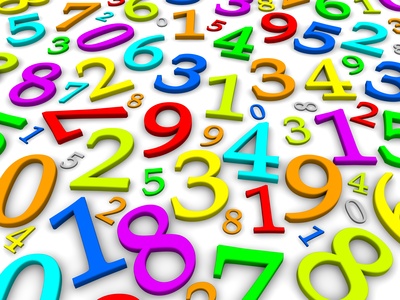Math – the same as fun? Hmm … Maybe when I was really young and busy counting my candies for snack, playing store or counting monopoly money I would have said math was fun, but as I got older – No way! Still when I hear the word math, what first comes to mind is hours of worksheets and textbook question after textbook question. It was as early as 5th grade that I can recall my mindset had shifted. Math was no longer fun. Math went hand in hand with an eye roll or groan. For some, math and fun might be one and the same. I wish this had been the case for me but unfortunately it wasn’t. This is likely why supporting the development of numeracy skills in the clients I work with has been of importance to me and why I am determined that my children will grow up with a love for math.
So how do you make math fun? My philosophy is, ‘incorporate it into play and pretty much anything can become fun’ – this includes math! We will run a series of posts on peek-a-boost play discussing ideas for how to incorporate math into play and daily activities to provide children with a number of opportunities to practice their skills. But before we do that, I think it is important for us to discuss something that I found highlighted time and time again in my research on numeracy success. Mindset.
Mindset is how we think about something. Research has shown that the mindsets we have about math at an early age can have a direct influence on how we perceive math and future success.
Children are impressionable! They listen to everything we say. We as parents, therapists and educators, aunts and uncles can help to prevent the current trend of erosion of children’s enthusiasm for mathematics. We can support children to have positive attitudes about math through:
- encouraging the fact that everyone can “do” math – boys & girls
- placing an emphasis on praising the effort and/or strategies the children use to try to figure out the math, not focusing on praising how smart they are or their innate ability to “do” math
- avoiding negative statements such as “I’m not good at math.” “I don’t like math.” or “It’s too hard and replacing them with statements such as “I’m going to train my brain to do Math.” or “This is going to take some time and hard work, but I can do my best.”
- modelling enthusiasm for learning and doing math
- reframing the notion of “mistakes” as learning opportunities
“Motivation is the most important factor in determining whether you succeed in the long run. What I mean by motivation is not only the desire to achieve, but also the love of learning, the love of challenge and the ability to thrive on obstacles. These are the greatest gifts we can give our students and children” (Dweck 2006)
Stay tuned for our future Playful Math posts where we will discuss ideas for incorporating Math into Play. In the meantime remember Math = fun.


